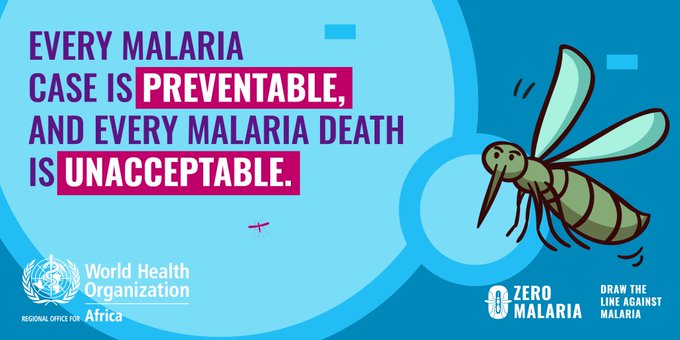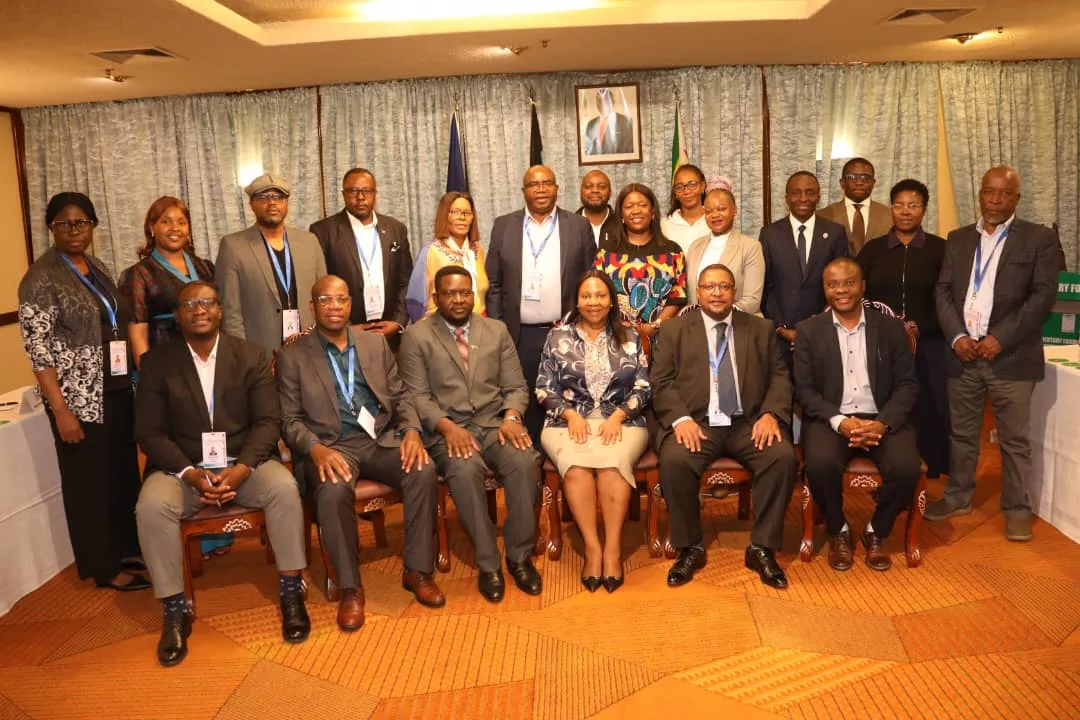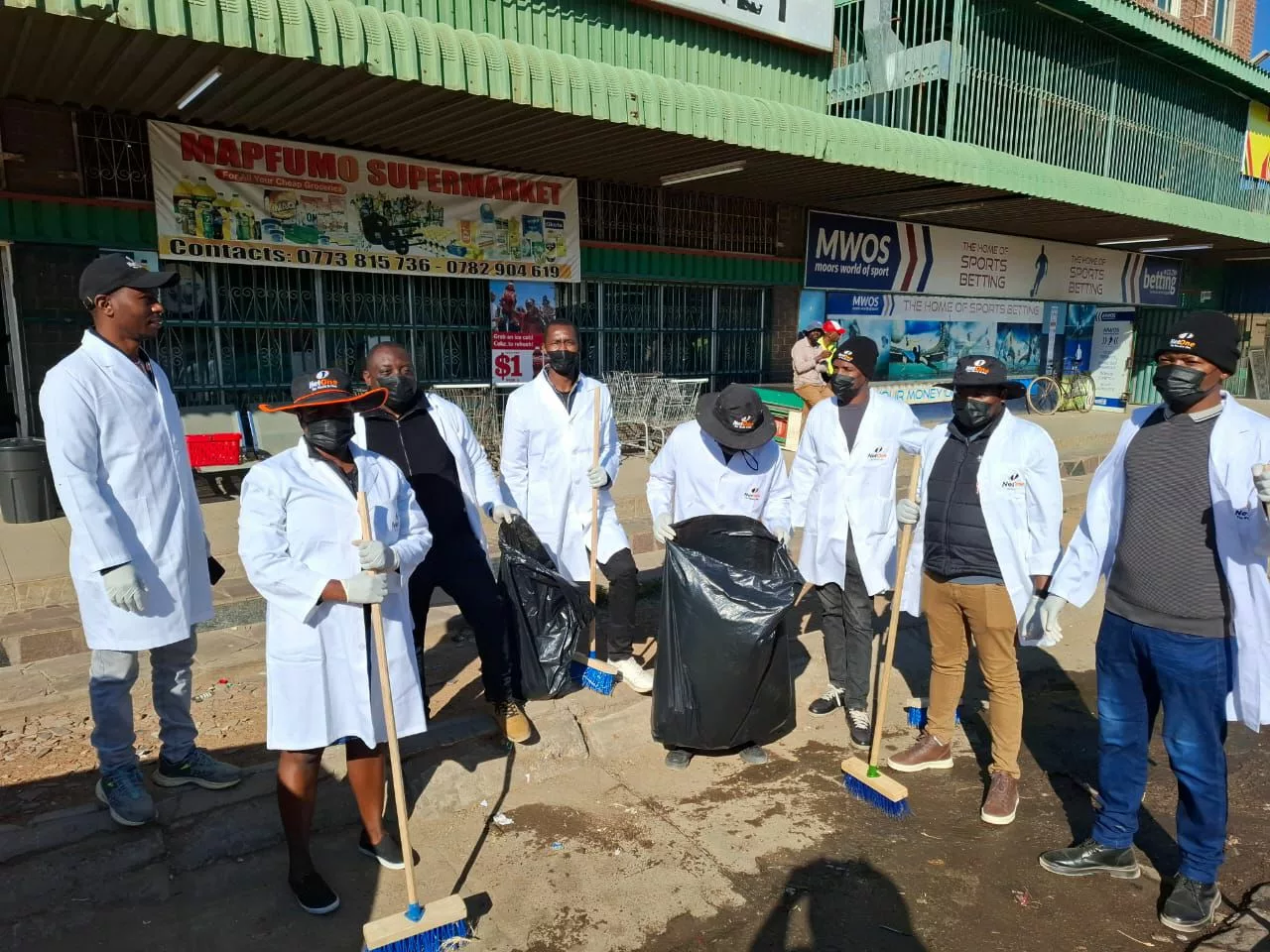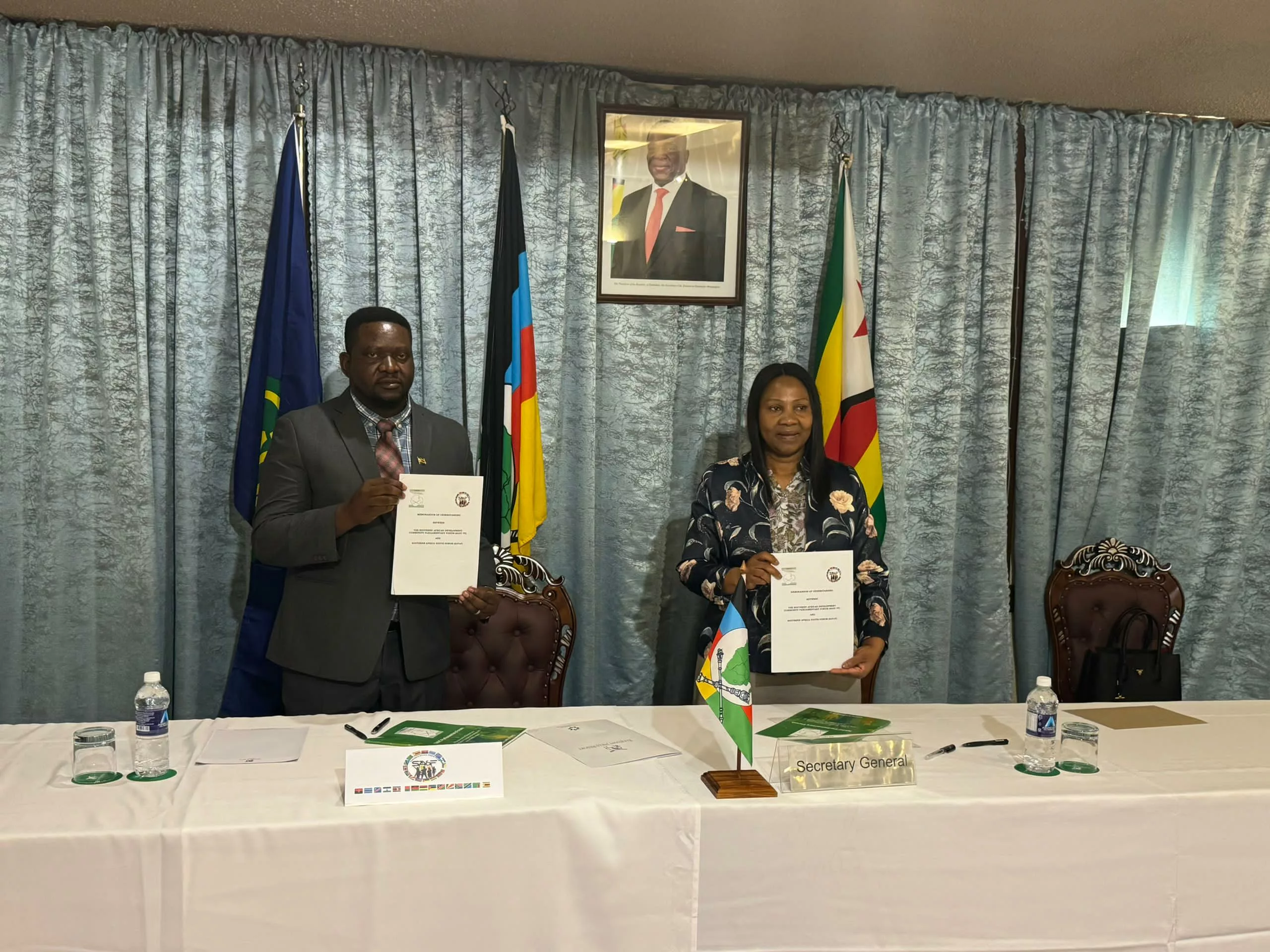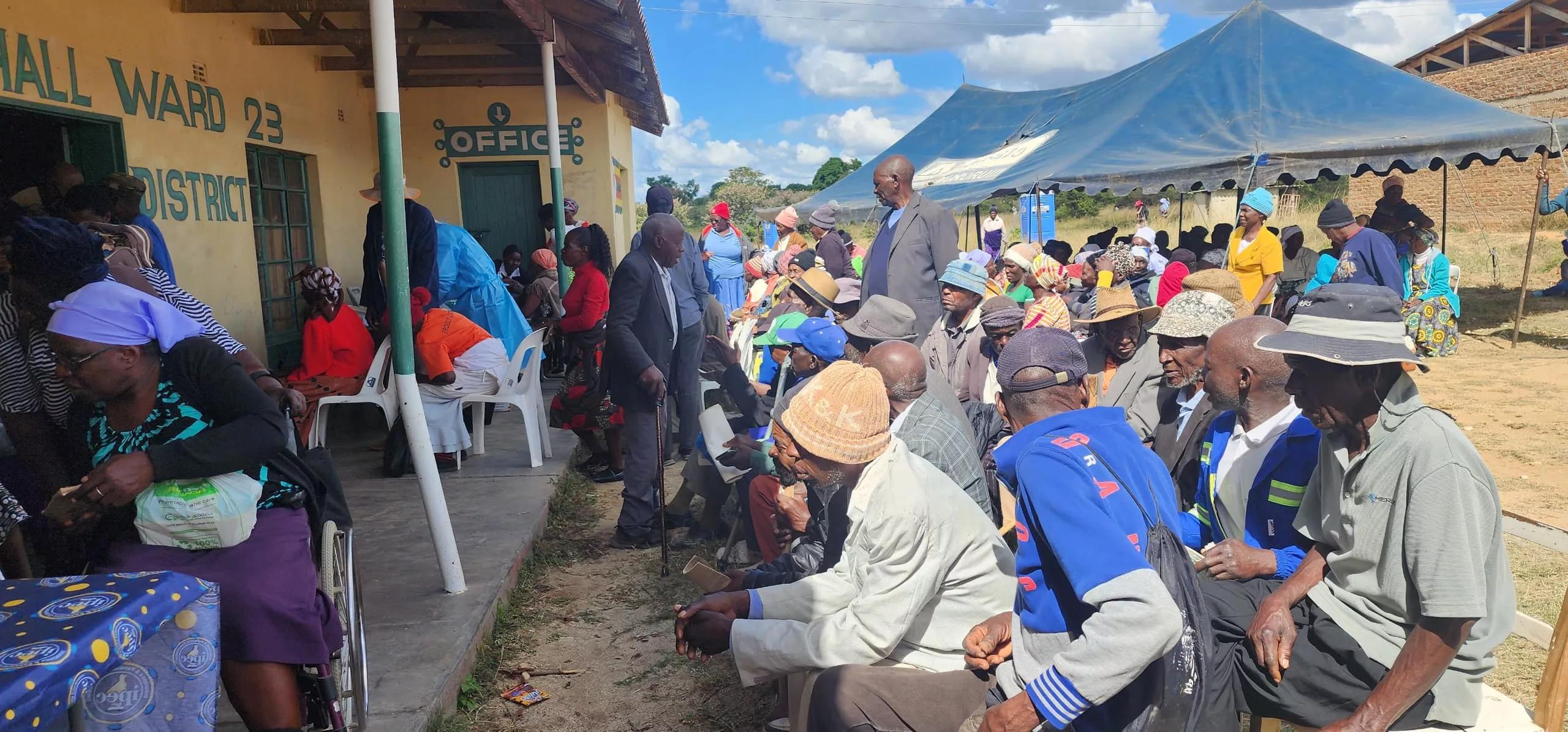|
Getting your Trinity Audio player ready...
|
On the eve of the 35th Assembly of the African Union, the African Leaders Malaria Alliance (ALMA), the African Union Commission, and the RBM Partnership to End Malaria shared the 2021 Malaria Progress Report that provides an update on the status of malaria on the African continent.
It highlights activities undertaken, challenges faced, best practices learned by the AU Member States and their partners to sustain malaria services and accelerate progress towards the goal of eliminating malaria in Africa by 2030. This report also provides updates on requests and calls to action made by the African Union Assembly.
Below, Spiked Online Media shares the foreword to the report co-signed by H.E. Moussa Faki Mahamat, African Union Commission Chairperson; H.E. President Uhuru Kenyatta of the Republic of Kenya and ALMA Chair; and Dr. Abdourahmane Diallo The RBM Partnership to End Malaria CEO:
The African Union did not achieve the goal of reducing malaria incidence and mortality by 40% by 2020, a key milestone to eliminating malaria in Africa by 2030. Instead, between 2015-2020, malaria incidence declined by 1%. According to WHO estimates, 96% of global malaria cases and 98% of malaria deaths occur on this continent. In 2020, 611,802 Africans died from this disease of which 80% were children under the age of 5. Furthermore, revised estimates by the WHO in the 2021 World Malaria Report indicate that the number of malaria deaths was previously underestimated and the burden is worse than previously understood.
The COVID-19 pandemic is further compounding the challenges of ending malaria. The pandemic continues to put incredible strain on our health systems and economies across the continent. According to the WHO, COVID-19 caused an estimated 47,000 excess malaria deaths in Africa during 2020; although this was significantly less than the worst-case scenario, which predicted that malaria deaths could have doubled.
We applaud the tireless efforts of the Member States and our partners to sustain life-saving malaria interventions and broader health services. The majority of national malaria campaigns for indoor residual spraying, insecticide-treated nets, and seasonal malaria chemoprevention took place as planned, and malaria case management was prioritised—including by decentralizing services to well-trained community health workers and accelerating the delivery of antimalarials to avoid stock-outs. It is clear from this experience that malaria will be a pathfinder for Pandemic Preparedness and Response as we look ahead.
Ending malaria is an attainable goal if we, the African Heads of State and Government, take decisive action. Since 2000, malaria incidence and mortality have declined by 35% and 57% respectively as a result of political will, innovative financing, and new interventions. Africa avoided 1.35 billion malaria cases and 9.7 million malaria deaths over the past two decades.
This is a successful foundation upon which we can build. We must recommit to keeping malaria high on national development agendas, mobilise additional resources (especially from the domestic private sector), empower communities to act, strengthen data and evidence-based governance, accelerate the deployment of new malaria commodities and interventions, and actively engage youth leaders. We must advocate from the forefront for the replenishment of the Global Fund in 2022, which is critical to sustaining life-saving malaria and health services. We must also ensure that we rapidly deploy the new tools to address the growing threats of insecticide and drug resistance.
During 2021, Member States implemented critical multisectoral initiatives to mobilise political will, resources, and communities to combat malaria:
- The 10 countries with the highest malaria burden continued implementing strategies developed through the “High Burden to High Impact” approach. This has resulted in increased political will and multisectoral engagement, and better targeting of interventions through subnational stratification. Based on this success, the approach will be expanded in 2022.
- The Democratic Republic of the Congo and Republics of Malawi, Mali, and Namibia launched national “Zero Malaria Starts with Me” campaigns, bringing the total to 23 Member States that have launched such campaigns. These campaigns have been instrumental in sustaining malaria high on national agendas, mobilising domestic resources, and engaging communities to take ownership of the fight against malaria.
- 15 countries have launched or are on track to launch national End Malaria Councils and Funds by the first quarter of 2022. These are driving increased advocacy, action, and resource mobilisation by senior leaders across all sectors.
The time to act is now. Africa’s leaders need to be at the forefront globally and nationally if we are to achieve our goal of eliminating malaria by 2030. We need to advocate for the replenishment of the Global Fund in 2022 and mobilise new coalitions of malaria champions at home and abroad. Zero Malaria Starts with all of us!


